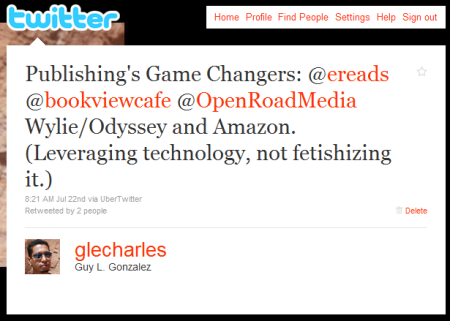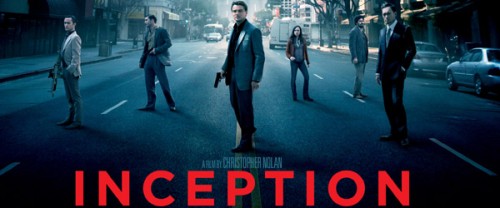Your Brand is NOT a Community
Back in January, Shiv Singh gave a great keynote presentation, Engaging Readers in the Digital Age, at the inaugural Digital Book World Conference that, in retrospect, set the tone for what was to come in 2010.
“Build consumer brands,” Singh exhorted, “because your current value chain is breaking.”
Since then, we’ve seen the introduction of the iPad, the Agency Model, and ugly public standoffs between Amazon and several publishers over ebook pricing; notable authors like J.A. Konrath and Seth Godin have made a fuss about eschewing “traditional” publishing channels; and uber-agent Andrew Wylie challenged Random House to a stare-down over ebook royalties, launching his own ill-fated ebook imprint, Odyssey Editions.
Underscoring all of these dust-ups is one recurring theme: publishers’ lack of a direct relationship with readers leaves them vulnerable to disruption and disintermediation.

 Americans spend nearly a quarter of their time online on social networking sites and blogs, according to
Americans spend nearly a quarter of their time online on social networking sites and blogs, according to 

